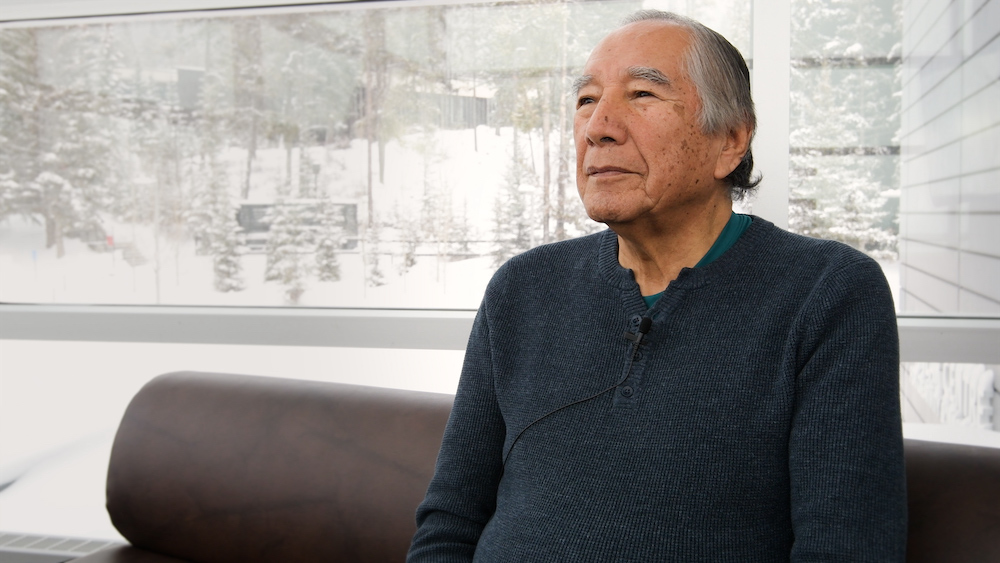
There are leaders and then there are leaders. Meet Dr. Leroy Little Bear, a man who has not only shaped our country, but our world. Leroy is a globally recognized leader on Indigenous education, rights, self-governance, language and culture, having launched the Native American Studies programs at the University of Lethbridge (the first of its kind in Canada) and at Harvard in the United States. Leroy was a member of the legal team that helped Ian Waddell draft Section 35 of Canada’s constitution and was the first Indigenous person cited in the Supreme Court of Canada. And he also helped inspire the United Nation’s Declaration on the Rights of Indigenous Peoples – one of the most important treaties to ever come out of the UN. For his work, Leroy has been named an Officer of the Order of Canada and the Alberta Order of Excellence.
Born and raised on the Blood Indian Reserve in southwestern Alberta as a member of the Blackfoot Confederacy, we sat down with Leroy to better understand the role of traditional knowledge in decision making and why reconciliation is only possible if we first acknowledge the truth.
What do you think?
- What lessons did you learn from Leroy’s story?
- Do you have a better understanding of traditional knowledge, especially in relation to western science?
- Should we do a better job of linking cultural and environmental conversations? Do we need more Buffalo Treaties?
- How can the truth play a greater role in our political debates and consultations?
- What role do we each need to play if we’re to reconcile with different cultures and environments?
- Do we understand the concept of truth? Do we trust in what’s true or realize there are multiple truths?